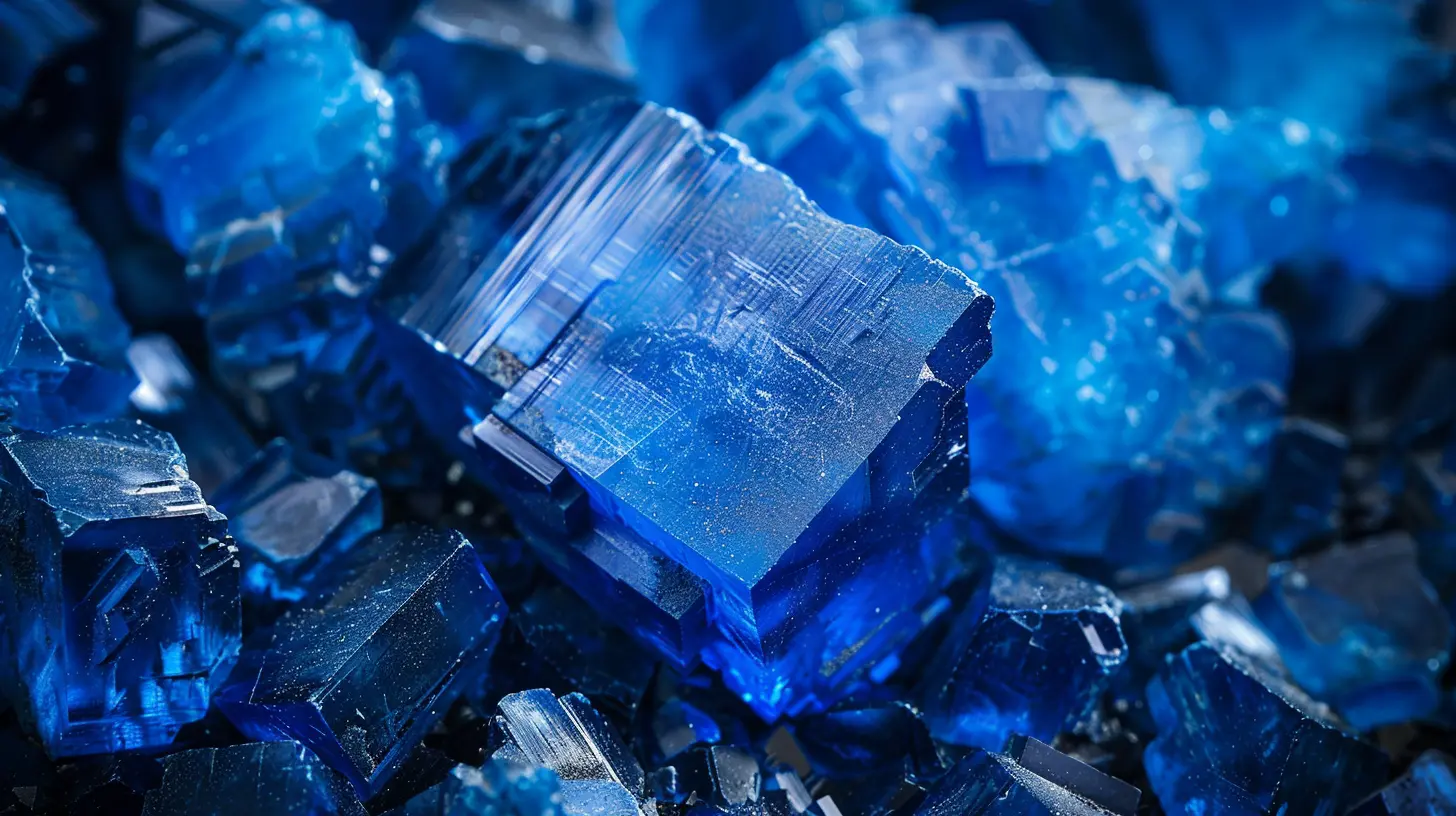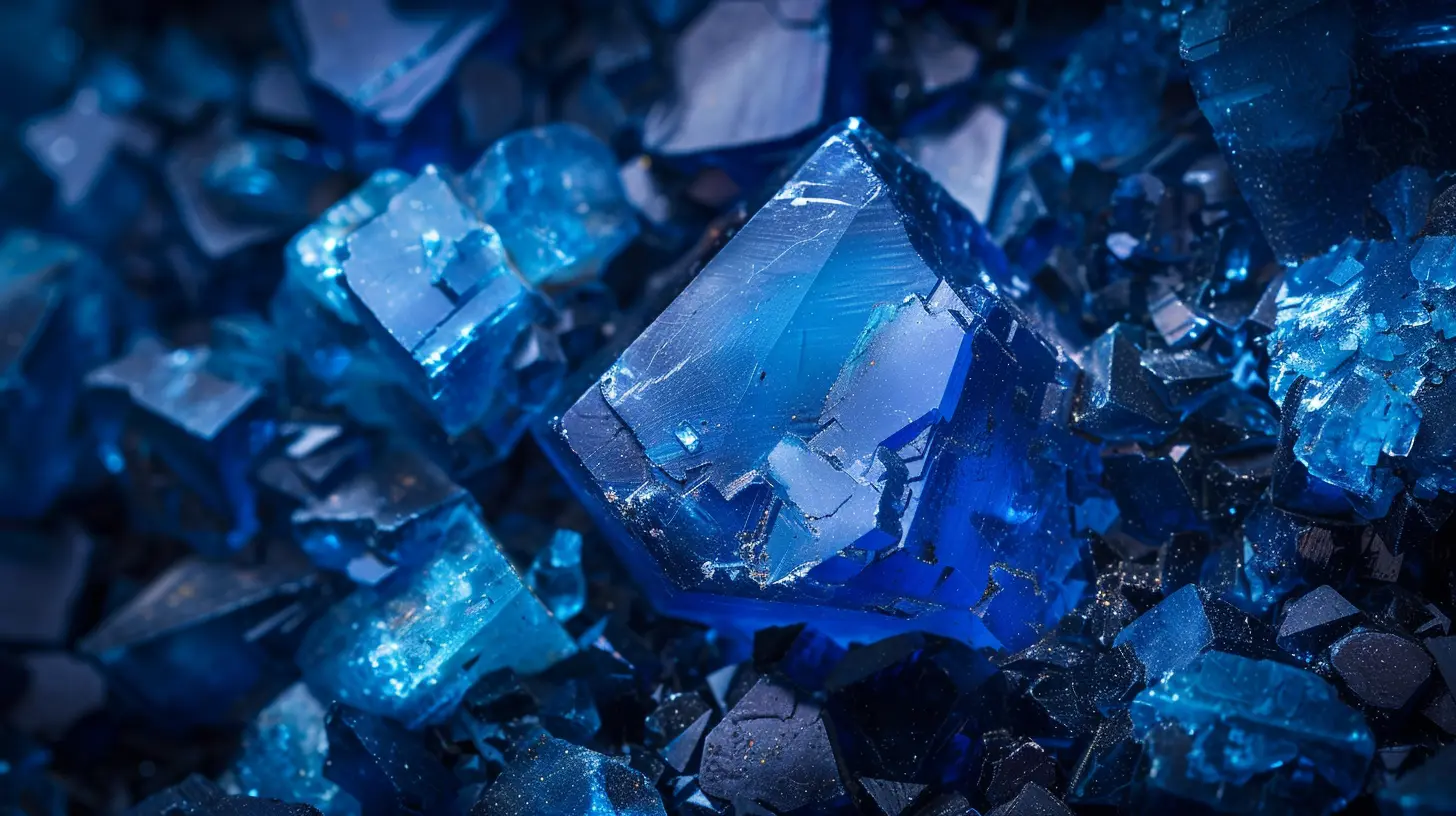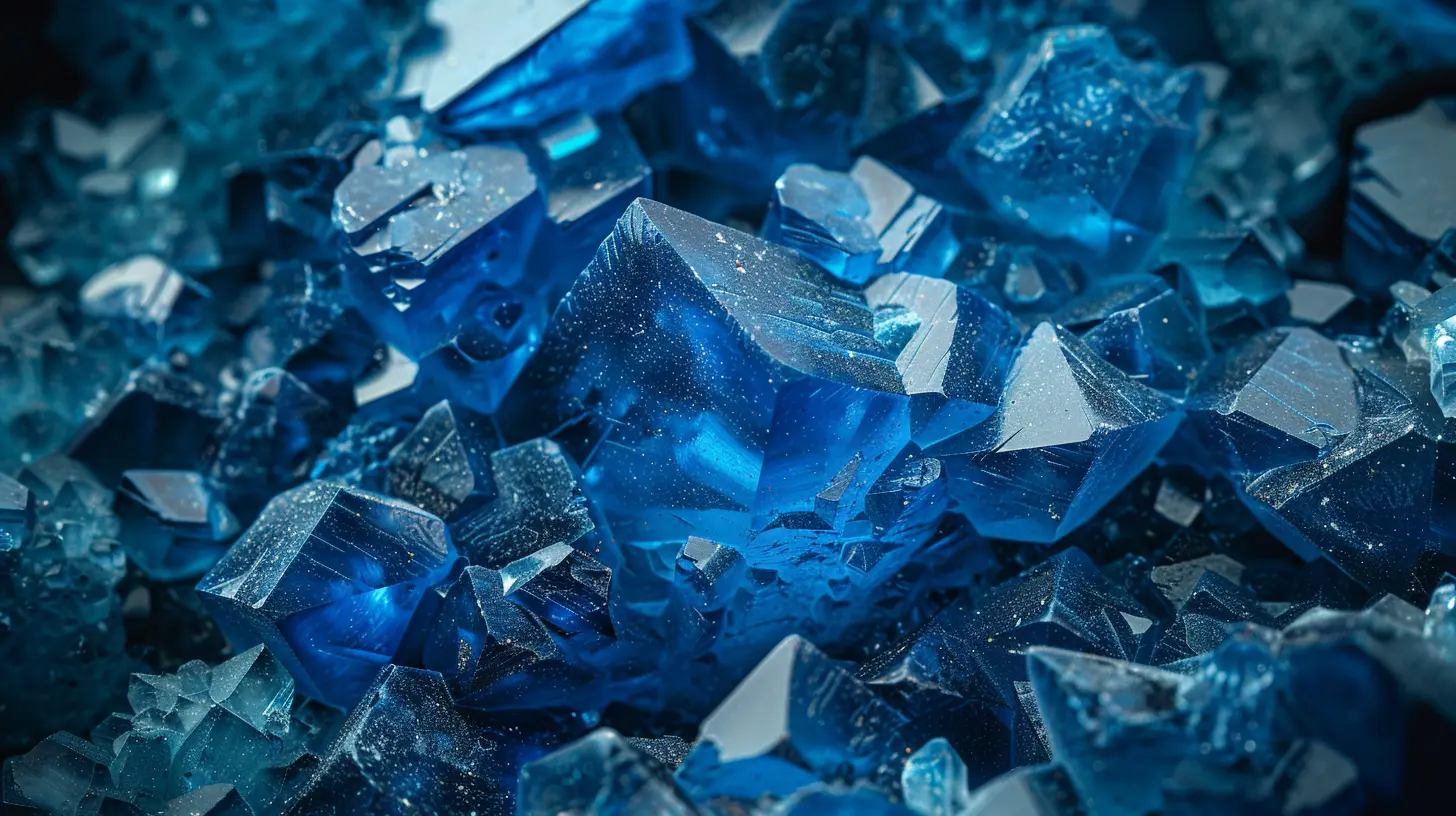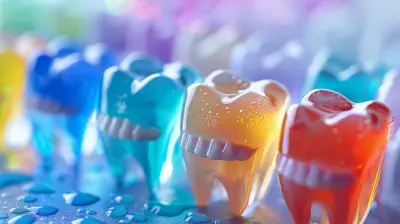Cobalt: A Vital Element for Vitamin B12 Production
16 November 2025
When you hear the word "cobalt," your mind might jump to industrial uses, like batteries or alloys. But did you know that cobalt is essential for human health? It plays a starring role in the production of vitamin B12, a nutrient crucial for brain function, red blood cell formation, and DNA synthesis.
Without cobalt, vitamin B12 wouldn’t exist. And without vitamin B12, our bodies would struggle with everything from energy production to neurological health. If you’ve ever felt sluggish or mentally foggy, a lack of B12 could be the culprit.
But how exactly does cobalt contribute to vitamin B12? And what happens when we don’t get enough? Let’s dig into this fascinating connection.

What Is Cobalt?
Cobalt is a trace mineral, meaning our bodies only need a tiny amount to function properly. It’s naturally found in the earth’s crust and is often present in minerals alongside nickel and copper.While cobalt itself isn’t a vitamin or a nutrient, it’s a key component of vitamin B12 (cobalamin). Without it, B12 wouldn’t exist, and without B12, our bodies couldn't perform essential functions such as red blood cell production, nervous system regulation, and DNA synthesis.

The Role of Cobalt in Vitamin B12 Production
Vitamin B12, also known as cobalamin, is the only vitamin that contains a metal element—cobalt. This trace mineral is integrated into the structure of B12, forming the active molecules necessary for human health.Here’s how it works:
1. Cobalt Provides the Core Structure – The name "cobalamin" is actually derived from cobalt. This mineral forms the central part of the B12 molecule, allowing the vitamin to function.
2. Microorganisms Create B12 – Interestingly, humans and animals can’t produce vitamin B12 on their own. Instead, it’s synthesized by bacteria and archaea (tiny microorganisms) found in soil, water, and the digestive tracts of animals.
3. Animals Absorb B12 Through Diet – Herbivorous animals like cows, sheep, and goats consume cobalt-rich vegetation. Their gut bacteria then transform it into vitamin B12, which is stored in their tissues.
4. Humans Obtain B12 From Animal-Based Foods – Since plants don’t naturally contain B12, humans must get it from animal products like meat, fish, eggs, or dairy—or through fortified foods and supplements.

Why Is Vitamin B12 Essential for Health?
Now that we know cobalt is crucial for vitamin B12, let’s talk about why B12 itself is so important.1. Supports Red Blood Cell Formation
Vitamin B12 helps produce healthy red blood cells, which transport oxygen throughout the body. Without enough B12, red blood cells become large and misshapen, leading to anemia—a condition that causes fatigue, weakness, and shortness of breath.2. Boosts Brain and Nervous System Function
Feeling forgetful or mentally foggy? B12 plays a critical role in nerve health by producing myelin, the protective coating around nerves. Low levels of B12 can lead to nerve damage, memory problems, and even mood disorders like depression.3. Essential for DNA Synthesis
DNA is the genetic blueprint of life, and B12 helps build and maintain it. A deficiency can lead to cell damage, mutations, and increased risk of chronic diseases.4. Prevents Fatigue and Weakness
Since B12 helps metabolize fats and proteins into energy, a deficiency can cause chronic fatigue—leaving you dragging through your day even after a full night’s sleep.
What Happens When You Don’t Get Enough Cobalt or Vitamin B12?
Since cobalt is directly tied to vitamin B12, a lack of cobalt means a lack of B12. And B12 deficiency isn’t something you want to ignore.Symptoms of Vitamin B12 Deficiency
- Extreme Fatigue – Always feeling tired? Low B12 could be zapping your energy.- Pale or Jaundiced Skin – A lack of B12 can cause anemia, making you look unusually pale or yellowish.
- Nerve Problems and Tingling Sensations – Numbness, tingling, or even difficulty walking can indicate nerve damage due to prolonged B12 deficiency.
- Memory Issues or Brain Fog – Trouble concentrating or remembering things? That could be your brain begging for more B12.
- Mood Changes and Depression – Low B12 levels are linked to mood disorders, including depression and anxiety.
Who’s at Risk for B12 Deficiency?
- Vegans and Vegetarians – Since plant-based foods don’t naturally contain B12, people who avoid animal products need fortified foods or supplements.- Elderly Individuals – As we age, the stomach produces less acid, making it harder to absorb B12 from food.
- People with Digestive Disorders – Conditions like Crohn’s disease, celiac disease, or gastritis can make it difficult to absorb B12 properly.
- Individuals on Certain Medications – Some drugs, like proton pump inhibitors (PPIs) and metformin, can interfere with B12 absorption.
How to Ensure You’re Getting Enough Cobalt and Vitamin B12
1. Eat B12-Rich Foods
Since cobalt enters the body through B12-containing foods, the best way to prevent deficiency is by including these in your diet:- Beef Liver and Organ Meats – One of the richest sources of B12.
- Fish and Shellfish – Salmon, tuna, clams, and shrimp are excellent options.
- Dairy Products – Cheese, milk, and yogurt offer a decent amount.
- Eggs – While not the highest source, eggs contain some B12.
- Fortified Foods – Certain breakfast cereals, plant-based milks, and nutritional yeasts are enriched with B12, making them great options for vegans and vegetarians.
2. Consider Supplements
If you're not getting enough B12 from food (especially if you're plant-based), supplements offer an easy way to meet your daily needs. Options include:- B12 Tablets or Capsules – Found in most drugstores.
- Sublingual B12 (Under the Tongue) – Absorbs directly into the bloodstream.
- B12 Injections – Often prescribed for severe deficiencies.
3. Take Care of Your Gut Health
Since B12 absorption depends on gut bacteria, maintaining a healthy microbiome can improve how well your body processes nutrients. Eating probiotic-rich foods like yogurt, kimchi, and sauerkraut can help.
Final Thoughts
Cobalt might not get as much attention as other minerals like iron or calcium, but its role in vitamin B12 production makes it essential for human health. Without cobalt, our bodies wouldn't have enough B12, which could lead to energy depletion, cognitive decline, and nerve damage.By consuming a balanced diet rich in B12, staying mindful of deficiency risks, and considering supplements if necessary, you can ensure that both cobalt and vitamin B12 keep working behind the scenes for your well-being.
all images in this post were generated using AI tools
Category:
MineralsAuthor:

Arthur McKeever
Discussion
rate this article
1 comments
Daphne Kane
Embrace cobalt for vibrant health and energy!
November 17, 2025 at 5:31 AM

Arthur McKeever
Thank you for your enthusiasm! Cobalt is indeed essential for vitamin B12, which plays a crucial role in maintaining health and energy.


